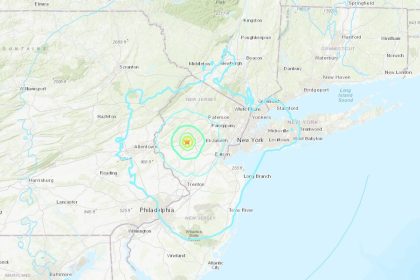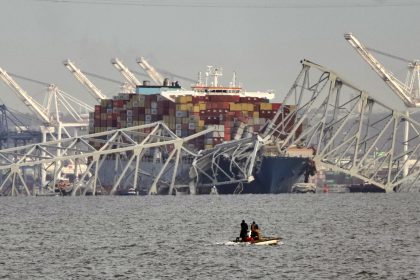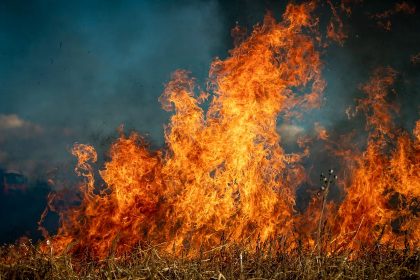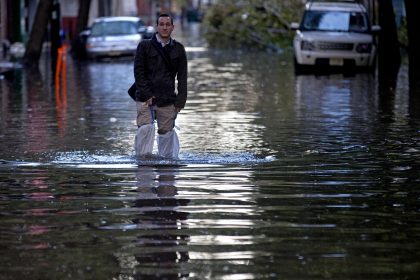The Pandemic’s Natural Disaster Makes Congress Seek a Better Fix
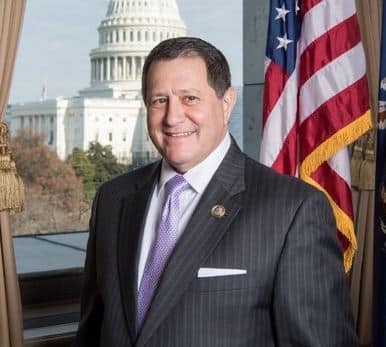
WASHINGTON — As public health officials warned this week the U.S. COVID-19 death toll could reach 1 million by this spring, a congressional panel on Wednesday considered what it would take to ensure it never happens again.
Rep. Joseph Morelle, D-N.Y., talked about the increasing frequency and cost of natural disasters and asked how “to build an economy more resilient to disasters.” Other diseases mentioned during the congressional hearing included AIDS, SARS and the Zika virus.
By the time the hearing ended, expert witnesses had offered suggestions on public health expenditures, simplifying assistance applications and coordinating efforts with nonprofit organizations.
They gave no assurances of completely securing the U.S. population against a world under siege from disease, severe weather and man-made catastrophes.
Between 1995 and 2015, the United Nations’ disaster-monitoring system reported that the greatest number of natural disasters occurred in the United States, China and India.
Morelle acknowledged the severity of the pandemic blindsided the federal government.
“We were really making it up as we went along,” Morelle, chairman of the House Rules Subcommittee on Legislative and Budget Process, said about the government response.
In one case, the federal government spent $3.5 billion in 2020 to purchase 243,000 ventilators to help critically ill coronavirus patients breathe. Many of the ventilators worked poorly or were unnecessary.
The pandemic also highlighted the need for preparation, Morelle said.
“We more broadly want to deal with the phenomenon of other natural disasters,” he said.
He cited a Federal Emergency Management Agency report that each dollar spent wisely on disaster preparation saved $6 compared with rebuilding after a tragedy.
Helene Gayle, chief executive officer of the Chicago Community Trust, said the worst of the pandemic fell on underprivileged persons who are most likely to be exposed to disease or who lack access to health care. Her nonprofit organization awards grants to organizations that advance equal opportunity.
“Pandemics do play on social fault lines and do prey on the most vulnerable of our society,” Gayle said.
She suggested a proactive strategy that seeks to prevent disease and to detect it quickly before it becomes an epidemic, even if the effort extends beyond U.S. borders.
Current government spending of $447 million a year to prepare for disease outbreaks is small compared with big budget items like the national defense, which receives about $750 billion a year, she said.
“We have seen time and again in this pandemic, no one is safe unless all are safe.”
Julia Tedesco, president of Foodlink in Rochester, New York, said nonprofit organizations could offer ready-made, quick responses to disasters if the government utilized them properly. Her organization provides emergency food relief in the Rochester area for persons struggling with food insecurity.
A natural disaster response “should include, and perhaps begin with, the nonprofit sector,” Tedesco said.
Many nonprofits already offer the relief services the government would want in a disaster without the need to begin from nothing, she said.
In her case, Tedesco said Foodlink helped alleviate some of the food insecurity in her region.
“[There’s] more than seven million people across our nation who are food insecure,” she said.
Rep. Michael Burgess, R-Texas, said Congress is about three weeks away from running out of funds for pandemic relief. The result is likely to be Congress approving a continuing resolution to keep funding the same programs at the same levels.
He said a better long-term response is needed.
“It is impossible to budget money for future disasters if you are only using a continuing resolution process,” Burgess said.
Tom can be reached at [email protected]


















